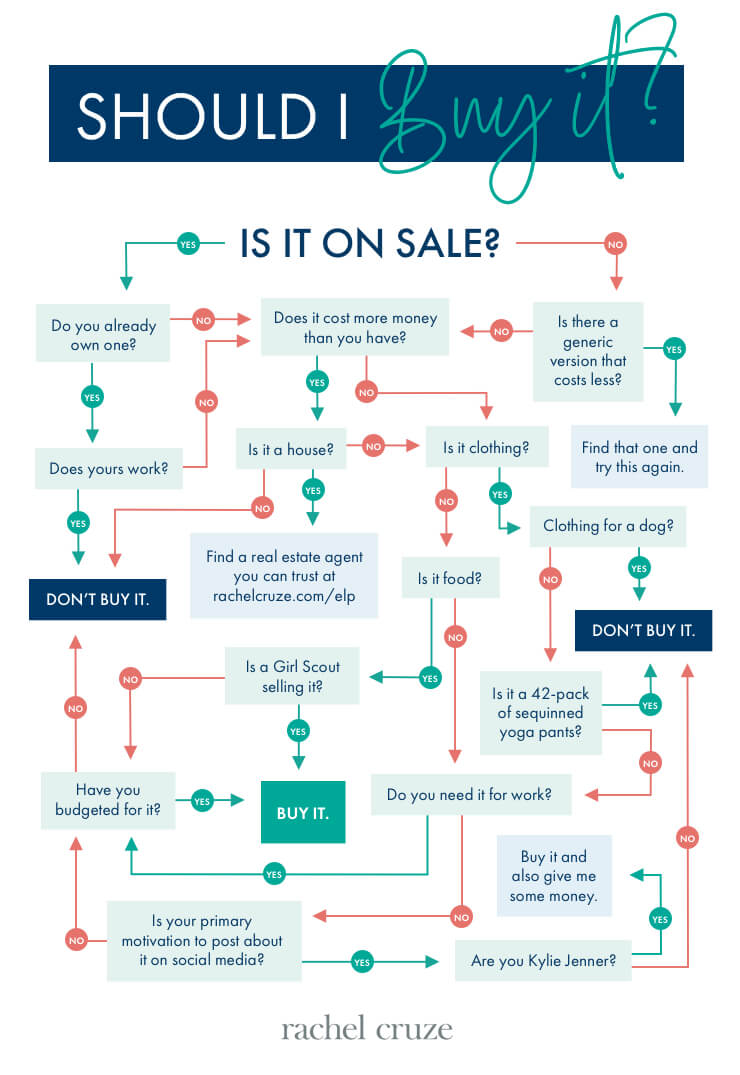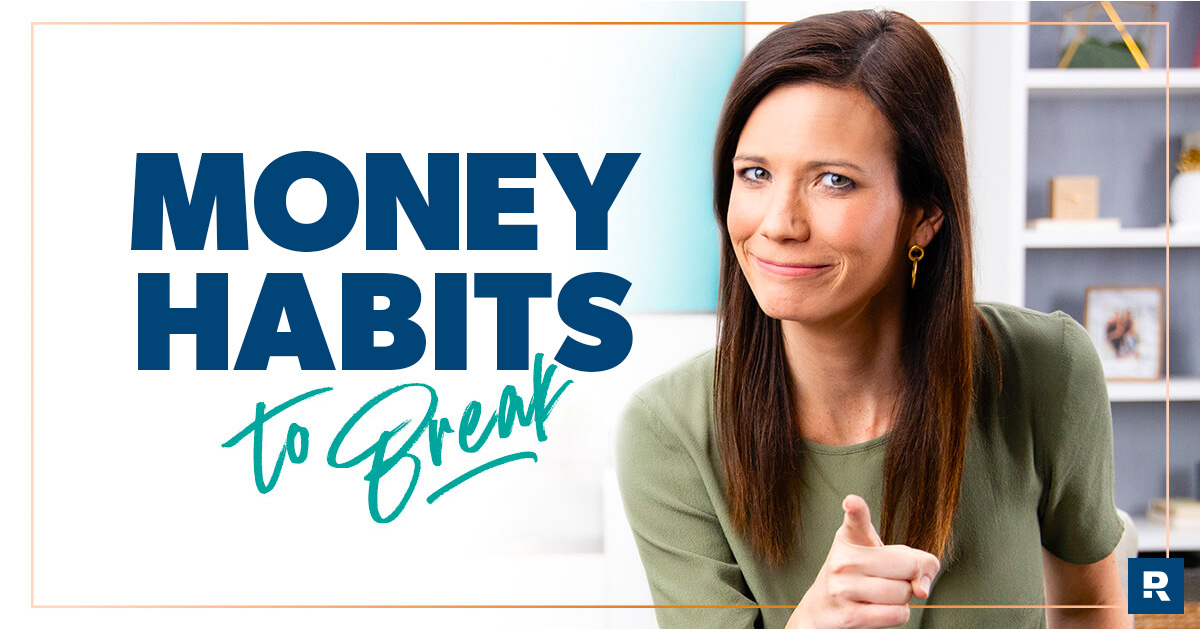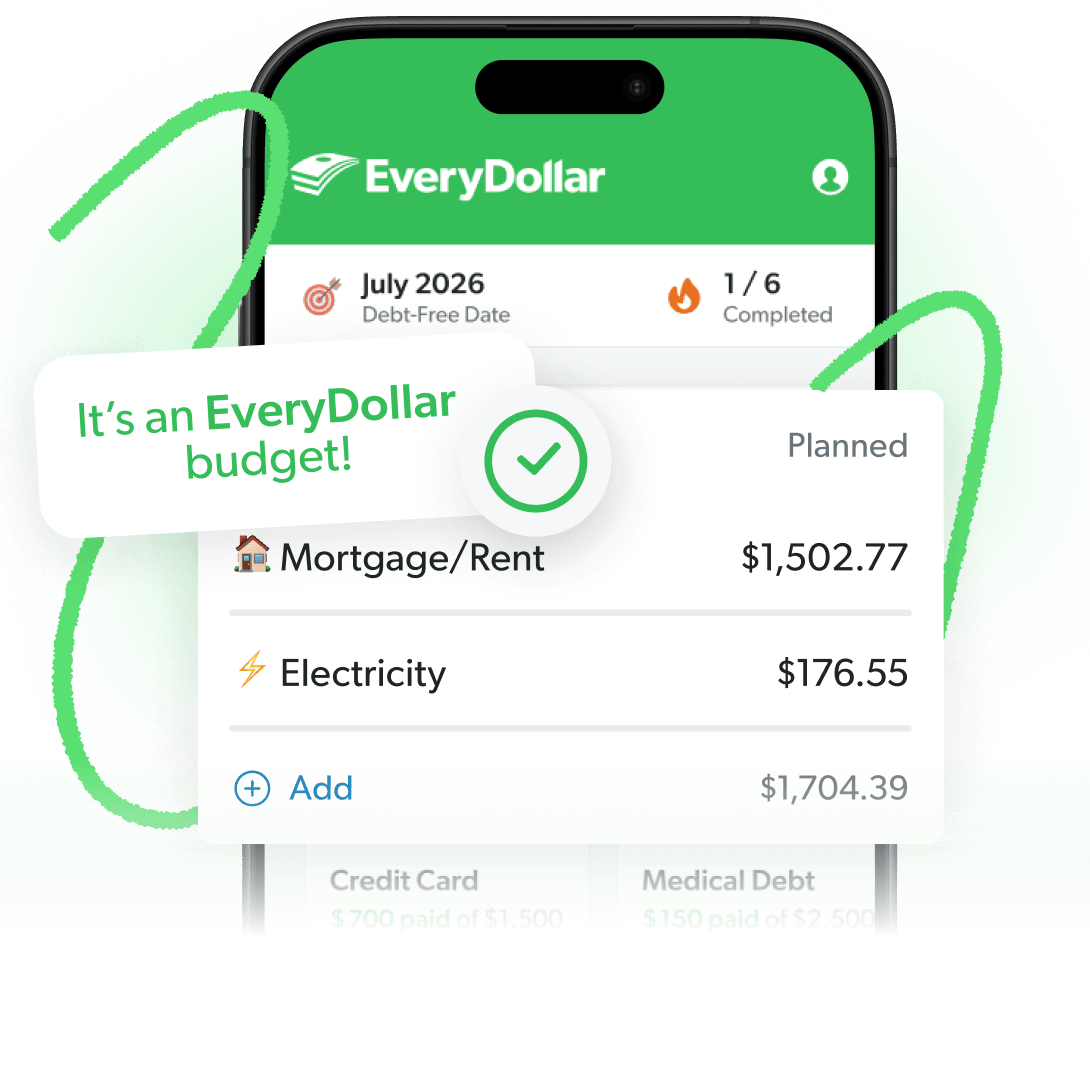Imagine a world where you can afford to take that perfect vacation, pay for the kids’ college, and give outrageously to people in your community. It’s a nice pipe dream, isn’t it?
The good news is that it doesn’t have to stay a pipe dream. Changing just a few of your spending habits can put you on the fast track to turning those what-ifs into reality.
How Do Money Habits Form?
For each and every one of us, our daily choices add up over time. Take a moment to think about where your spending habits come from . . .
Your Money Classroom
This is how I refer to the way you learned about money growing up. Believe it or not, you picked up on a lot, whether it was intentionally taught to you or not. Was your family frugal or frivolous? How much did your parents talk about money? Was giving a priority in your household?
Your money classroom has definitely impacted your mindset around money today.
Your Personality
As we look at our childhood money classrooms, keep in mind that we’re all wired differently. Our passions, fears and dreams are different. Even if you had siblings who grew up in the same house, and even if you had similar external experiences, the way you perceived and internalized those experiences can be very different.
Get expert money advice to reach your money goals faster!
This is why you may have very different money habits than your other family members. If you want to dig into your own money personality, take my new quiz!
The Media and Culture
We’re bombarded with thousands of ads on a daily basis. The companies who want us to buy their stuff create ads in such a way that makes us feel like we aren’t good enough until we have their thing.
And our friends won’t think we’re good enough unless we prove we have all the things—the perfect home, the dream vacation, the matching Christmas pajamas—on Instagram, right? This imaginary standard of living we hold everyone to in our culture has gotten way out of control.
5 Spending Habits to Break Today
Here are five common spending habits you need to break if you want to make your dreams reality:
1. Spending Without a Plan
If you don’t have a monthly budget, your money will disappear, and you won’t know where it went. You’ll be like the average American: broke. Too many people live on more than they make and use credit cards to cover the difference. But when you have a plan in place to live on less than you make and save for a rainy day, you’re ahead of the game.
The Budgeting App That Finds Hidden Margin
You’ve got more margin than you think. EveryDollar helps you find it in minutes so you can start making real money progress, really fast.
2. Paying for Convenience
I’m as guilty as anyone of running through the drive-thru at Chick-fil-A because it’s easy (and also, like, so great). But when we’re paying for convenience all the time, we’re letting money slip between our fingers. So, stop and take the time to consider the opportunity cost of all those waffle fries!
3. Spending Without Keeping Track
Losing track of the money you’ve spent or payments you’ve scheduled will eventually come back to bite you, so let’s break this money habit ASAP. Don’t worry, you probably don’t need to whip out a pencil and go to town on your checkbook ledger.
That is . . . if you even have a ledger. Thanks to technology, there’s no excuse not to track your spending. Ramsey’s budgeting app, EveryDollar, makes budgeting super simple and fun! Plus, it helps you find extra margin every month to put toward your goals.
4. Making Impulse Purchases
You probably know impulse buys are bad news for your bank account. In fact, Americans spend over $3,300 on impulse buys every year!1 We often impulse-buy items like food, clothing and even cars. Before you grab random things that aren't on your shopping list, ask yourself if you really need it . . . or even want it!

5. Spending to Feel Better
If you tend to hit "add to cart" in a moment of retail therapy to forget your problems, this is called emotional spending. Most of us have been guilty of it at one point or another. I mean, when things are hard, it feels good to just dull the stress and spark some joy with a little shopping, right? But that hit of happiness won’t last. If you want to feel at peace, stay focused on your goals without letting feelings get in the way!
How to Break Bad Spending Habits
Making a few good decisions over and over will set you up for long-term success. So now that you’re aware of which spending habits have got to go, here’s what to implement instead.
Get on a budget.
Give every dollar a name at the beginning of the month—and pay yourself first. Without savings to cover an emergency, your financial security is at risk, and you’ll be tempted to use a credit card when the car breaks down.
Understand yourself and your motivations.
Every single day, you have the power to make decisions that will move you forward financially or set you back. Knowing your strengths, trouble spots and tendencies is key to using them to your advantage. I’ll teach you how to get unstuck from your old money habits in my new book, Know Yourself, Know Your Money.
Meal plan.
Plan your meals at the start of each week to avoid paying an arm and a leg for fast food throughout the week. And when you do eat out, think twice before you add on an appetizer or a drink.
Wait before you buy.
Adults learn to say no to themselves in order to gain something greater in the long run—regardless of their current emotions or what everyone else is doing. It takes wisdom to make decisions based on what will drive you forward, and it takes courage to put blinders on to what other people think. One question I often need to ask myself is, Would I buy this if no one ever sees it?
Alright guys, with a little sacrifice and a lot of self-control, that dream vacation won’t seem so unrealistic. College tuition will start to resemble a molehill more than a mountain. And generosity will become second nature—because you have the money to give like never before.
Breaking unhealthy spending habits will help you take control of your money like never before. Take control of yourself and your money with my new book, Know Yourself, Know Your Money.




